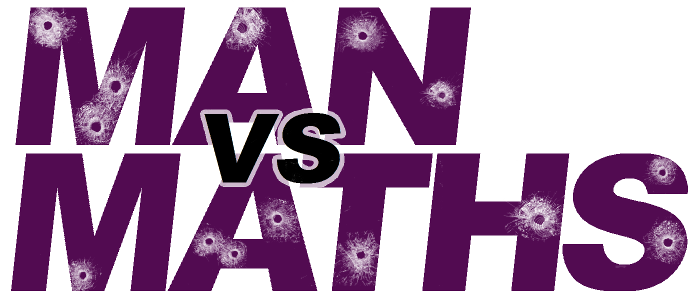

Units
NCEA divides each subject up into "units", in which related skills are taught and tested. So Mathematics in Level 1 (Year 11) has four units, each of 5 Credits (plus the 10 Numeracy Credits if they did not pass those in Year 10). Each unit has a number of credits attached, from 2 to 6, depending on the amount of material in the unit.Units can be Internal, which the boys sit during the school term once that topic has been taught, or External. In Mathematics the externals are done during a three hour exam in November, and cover two units (Year 11) or three units (Years 12 and 13).
A typical year long course at St John's will be somewhere around 20 Credits.
Grades
NCEA allows for only four possible grades, which are awarded for both Internal and External units:- Not Achieved, abbreviated to either NA or N
- Achieved, abbreviated to A
- Achieved with Merit, abbreviated to M
- Achieved with Excellence, abbreviated to E
Merit level indicates a decent fluency with the material. It depends again on the difficulty of the topic, but between 20% and 40% usually get a Merit grade in any one unit.
Excellence indicates the material has been understood to a high level. Depending on the topic, generally between 2% and 8% get an Excellence grade in any one unit, although often more for Internals.
"Passing"
The boys often consider any "Achieved" result as a pass. However since the overwhelming proportion of students get at least that grade, those who only just reach it are towards the bottom of any cohort. An Achieved grade does not mean the student is properly fluent with the material – only that they have cleared a minimum, often quite low, bar. If unsure about your boy's progress, you can ask your teacher to indicate whether any Achieved grades are towards the low end or the high end.In any unit, the typical grade will be a "high Achieved" – that is, not quite a Merit.
Across the year a typical student, one who would have been at 50% under the old system, will generally get strong Achieved results, with the occasional Merit grade as well. If they are not at that level, while they may have all the credits on offer, they are not properly prepared for the next year.
Junior School
At junior school, St John's mimics this later division into units so the boys are used to how the system works. Each topic has a test at the end, which receives a grade on the report as a Not Achieved, Achieved, Merit or Excellence.We also have two-hour end of year exam, which is a guide to a boy's likely performance in later External exams.
Progression through the Years
To be granted NCEA Level 1, a student requires at least 10 "Numeracy" credits, generally obtained using the specific Numeracy standard in Year 10. If a student fails that he needs to resit in Year 11. If he still has not passed, other Maths Credits can be used instead, but they no longer count towards the 60 required for an overall NCEA grade. Passing the Numeracy standard is therefore extremely important.Boys intending to take mathematically challenging subjects at Tertiary level need to study the algebra and statistics that are in the external exams. For this reason we encourage all boys in senior school to be in the "external" Maths course at Year 12 – called 12MATE – provided they can handle it. Entry to this is determined by their ability with Algebra (and related areas such as graphing and trigonometry) in Year 11, but also dependent to some extent on their literacy. So even though there are only 5 credits requiring decent Algebra, students need to do better than just "Achieve" in Algebra and Graphing.
A lot of Tertiary courses also require a certain basic numeracy, and 14 Maths credits at Level 2 is a standard requirement. For students who are not able to able to manage the external courses but who wish to get sufficient credits to ensure they have the widest range of trade and study options after school, we have internal course – called 12MATI.
Once on the "internal track" it is very difficult to leave, and quite a few boys who would like to sit Year 13 Statistics cannot take it because they were previously doing the Internal courses and do not have the required knowledge of algebra and graphing. That said, it is better to pass an internal course than to fail an external one.
Your boy's teacher is happy to provide advice on what they consider the appropriate track for him, and where his current progress puts him in relation to that.
